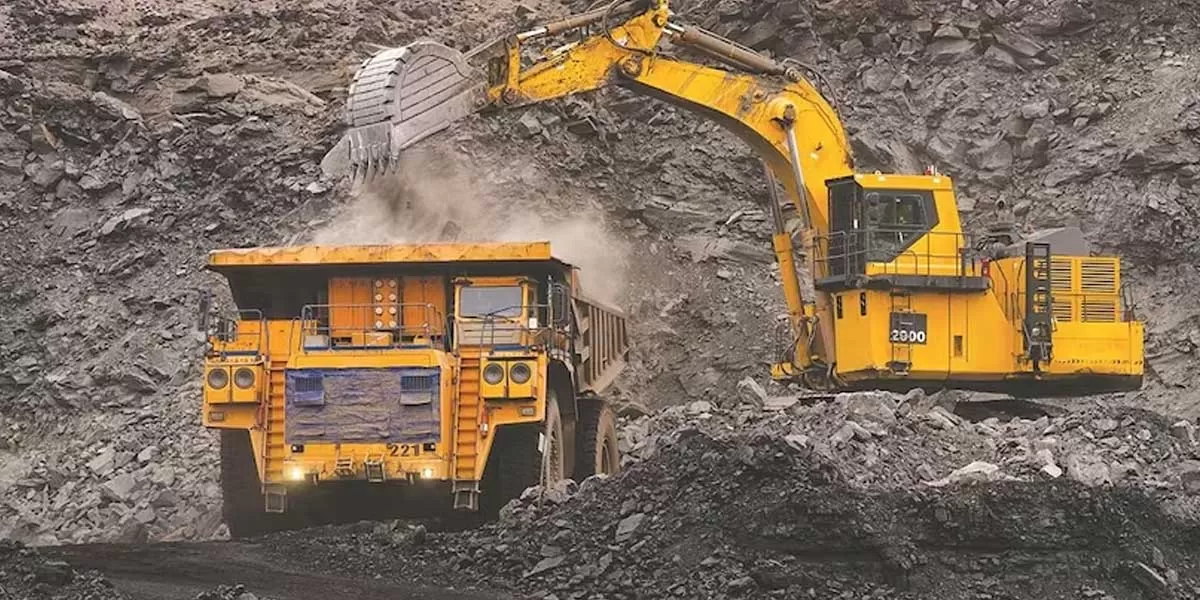

SEEPEX Launches Smart Joint Access for Inspection-Ready Pumping
SEEPEX has introduced Smart Joint Access (SJA), an inspection-friendly pump design integrated into its BN progressive cavity pump range, aimed at industrial applications where uptime, reliability and safe handling of challenging media are critical.Smart Joint Access enables direct visual inspection of both pump joints through a large opening in the suction housing, allowing faster condition assessment without dismantling. The design supports precise and stable handling of shear-sensitive, abrasive and corrosive media, while maintaining a compact footprint suited to space-constrained installati..

Mahindra Lifespaces, Mitsui Fudosan Form JV; Launch Mahindra Blossom
Mahindra Lifespace Developers has announced a long-term joint venture with Mitsui Fudosan Group, commencing with the development of Mahindra Blossom, a premium residential project in Whitefield, Bengaluru. The partnership brings together the two organisations with a shared focus on sustainability, design excellence and long-term value creation, with scope for future projects.Mahindra Blossom is a high-rise residential development comprising around 730 homes, located near the Hopefarm Channasandra Metro Station on the Namma Metro Purple Line. Situated along a major IT and employment corridor, t..

MIC Electronics Bags Rs 14.6 Million Order from Northern Railways
MIC Electronics has received a Letter of Acceptance from Northern Railways for passenger information and telecom infrastructure works valued at Rs 14.6 million.The project scope includes the supply, installation, testing and commissioning of a comprehensive passenger information and backend telecom system to support real-time train and platform information across railway premises. This includes LED-based coach guidance display boards, train formation “at-a-glance” displays, GPS-based platform clocks and indoor display units, all conforming to RDSO specifications.The order also covers..

















